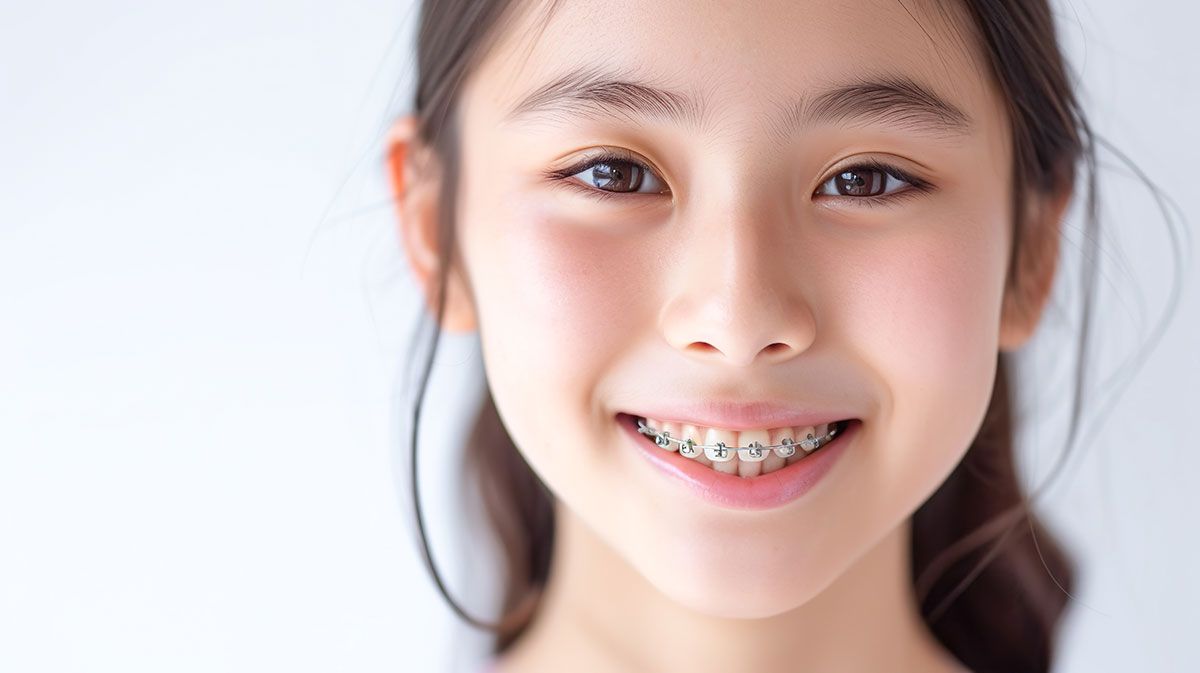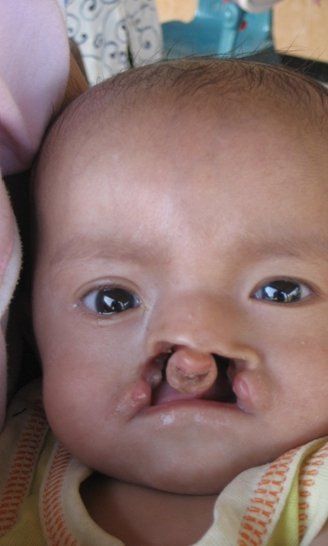The University of Adelaide has nominated Dr. Catherine Lee for the
Malaysian-Australian Alumni Council Distinguished Alumni Award 2021

The University of Adelaide alumni influence on the world stage is profound, with efforts of advancing the common good and inspiring others. The contributions are formally recognised by awards including the Australia Day and Queen's Birthday Honours, as well as international awards such as the Nobel Prize and Rhodes Scholarship.
The distinguished alumni of the University of Adelaide are a rich and diverse pool of leader and innovators who, through their outstanding accomplishments, have improves lives of others and contributed to their communities and/or professions.
About Dr Catherine Lee
Dr. Lee has also been a visiting Consultant for the Department of Plastic, Reconstructive and Aesthetic Surgery of the Singapore General Hospital and the Department of Surgery at the National University of Singapore for more than 10 years. In these hospitals, she serves as a specialist orthodontist, complementing the surgical teams with their treatment for special patients.
In 2005, Dr. Lee helped to establish the
Cleft Care Foundation Indonesia, a non-profit charity organization that aims to assist parents with cleft infants. She now serves as a Patron and medical director on its board, providing expertise, resources and strategies for the care of underprivileged cleft-lip and -palate children in Indonesia.
The award will be presented by the Malaysian-Australian Alumni Council at the Australian High Commission Office (Malaysia) in Kuala Lumpur on Saturday, 4 December 2021.
This nomination is to recognize Dr. Catherine Lee for being the first Cleft-Craniofacial Orthodontist in South Asia and Australia-Pacific region, and the humanitarian work she has been involved with Cleft Care Indonesia Foundation (CCIF) for the past 15 years.












